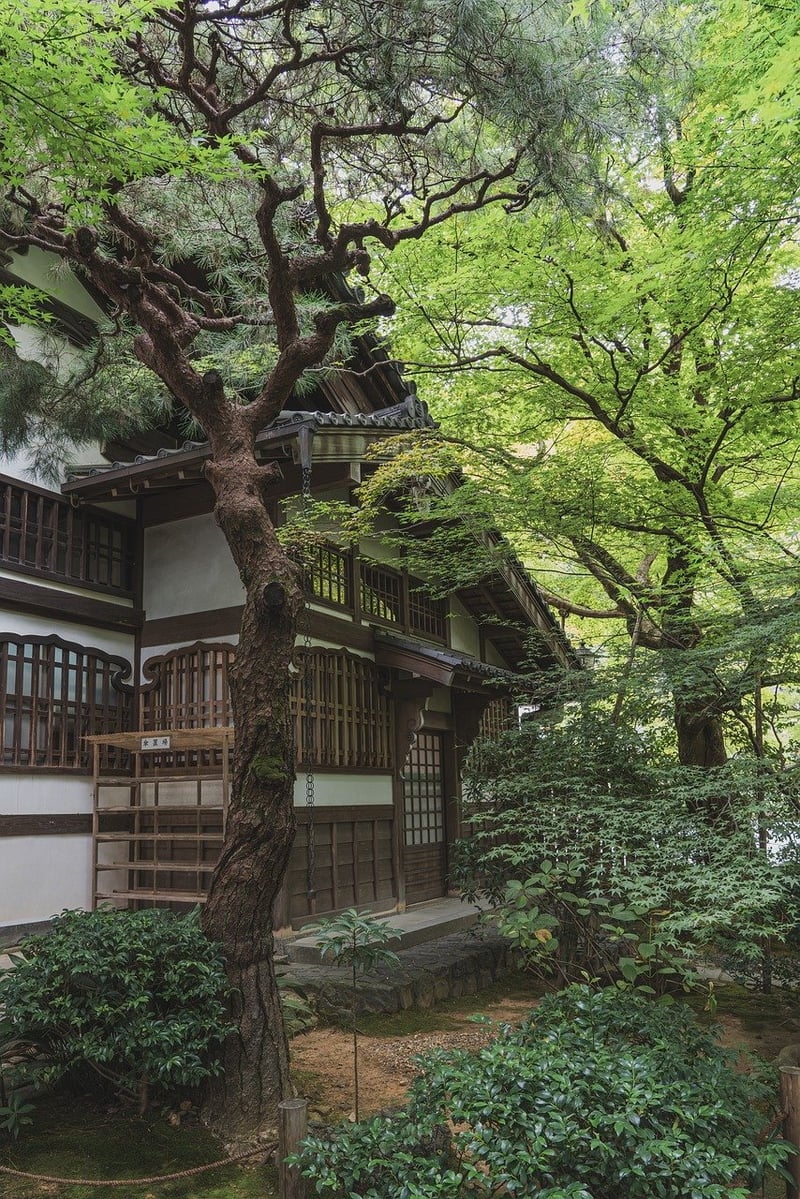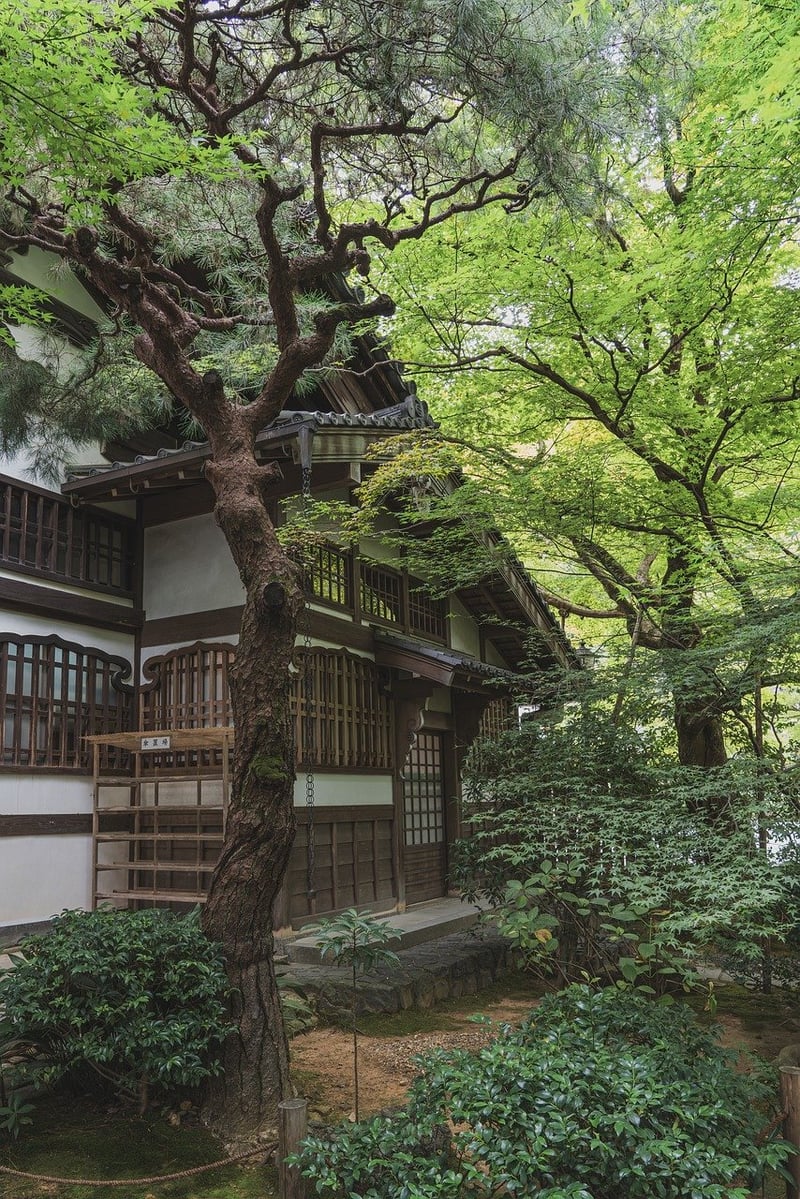Symbolism in Zen Gardens
Creative Ideas for Your Space
Are you looking to transform your space into a more inspiring and functional environment? Here are some creative ideas to help you elevate your space and make it truly unique:
1. Indoor Plants
Bringing the outdoors inside can instantly liven up any space. Consider adding indoor plants such as succulents, air plants, or spider plants to add a touch of greenery and improve air quality.
2. Gallery Wall
Create a gallery wall with a curated collection of artwork, photographs, and prints. This can be a great way to showcase your personality and add visual interest to your space.
3. Statement Furniture
Add a statement piece of furniture, such as a bold-colored sofa, a unique coffee table, or a vintage armchair. This can serve as a focal point in the room and set the tone for the overall aesthetic.
4. Mood Lighting
Lighting can make a big difference in the ambiance of a space. Consider incorporating a mix of overhead lighting, floor lamps, and candles to create a cozy and inviting atmosphere.
5. Personal Touches
Add personal touches such as family photos, travel souvenirs, or heirlooms to make your space feel truly your own. These items can spark joy and serve as conversation starters.
Symbolism in Zen Gardens
Zen gardens, also known as Japanese rock gardens or dry landscape gardens, are designed to evoke a sense of tranquility and mindfulness. Each element in a Zen garden holds symbolism and contributes to the overall meditative experience:
1. Rocks
Rocks in a Zen garden symbolize mountains or islands and are carefully arranged to represent natural landscapes. They also signify strength, stability, and endurance.
2. Gravel or Sand
Gravel or sand in a Zen garden is raked into patterns that represent water ripples or waves. This element symbolizes purity, simplicity, and the impermanence of life.
3. Plants
Plants in a Zen garden are selected for their simplicity and symbolism. Common choices include moss, bamboo, and bonsai trees, which represent resilience, flexibility, and harmony with nature.
4. Water Features
Water features such as small ponds or fountains are sometimes included in Zen gardens to evoke a sense of calm and serenity. Water symbolizes purity, clarity, and the flow of life energy.
5. Bridges and Pathways
Bridges and pathways in Zen gardens guide the visitor through the space and represent a journey towards enlightenment. They symbolize transitions, connections, and the passage of time.
By incorporating these elements and their symbolism into your space, you can create a serene and contemplative environment that promotes mindfulness and relaxation.

Whether you're looking to revamp your living room or create a peaceful outdoor retreat, drawing inspiration from Zen gardens can help you design a space that nurtures both the body and the mind.
